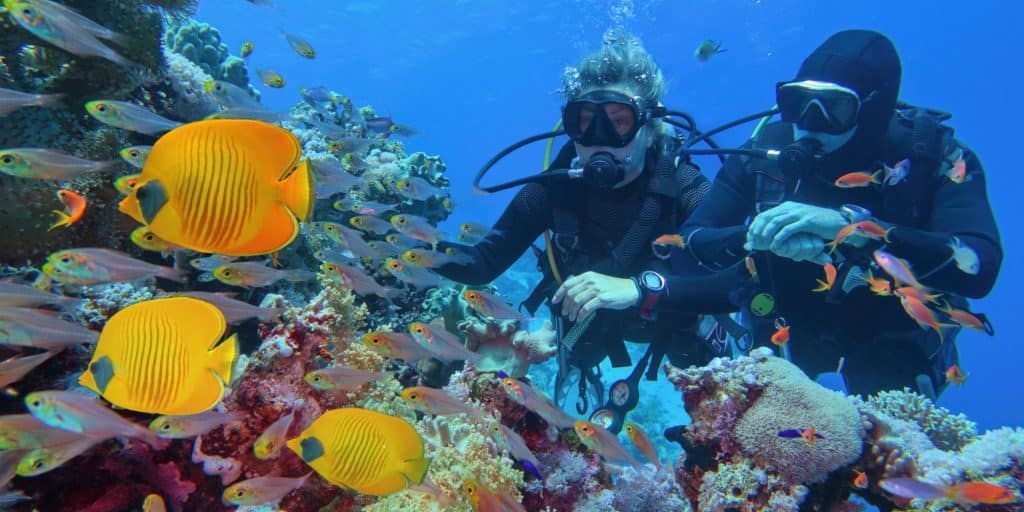In Tabarka, as in other coastal towns in northern Tunisia, coral divers are struggling to meet their expenses in the face of rising logistical costs. The price of helium, which is needed for deep-sea diving, has quadrupled in ten years, forcing many professional coral fishermen to give up the activity. This situation benefits smugglers, who pay no tax or regulatory constraints. They also benefit from the market value of the coral, with export prices of up to €5,000 per kilogram.
In their quest for “red gold”, illegal fishermen use unsustainable techniques that do not respect biodiversity. “They tow large chains on which they hang pieces of net. These large chains are in turn pulled by fishing units, in particular boats around 10 metres long with 200 to 300 horsepower engines,” explains Slim Medimegh, a professional diver in Tabarka.
To put an end to this practice, units of the Tunisian Navy are stepping up surveillance operations and apprehending unauthorised coral fishing boats. As a result, 12.7 kg of coral were seized on 13 October 2023 in the fishing port of Zerzouna in northern Tunisia. In the same region in 2019, the Tunisian authorities dismantled an international trafficking network in possession of 600 kg of coral, worth €2 million. The traffickers were preparing to export the cargo to Italy, the main destination for Mediterranean coral. These marine invertebrates with their limestone external skeletons are transformed into jewellery, in particular necklaces, bracelets, earrings and rings.
A marine species already threatened by climate change
Coral is a tiny marine animal that lives in colonies with other individuals of its species. These form coral reefs that are essential to the biological balance of the ocean, as they are home to almost 25% of marine species.
But in addition to poaching and other human causes such as pollution and overfishing, coral reef ecosystems are threatened with extinction worldwide as a result of climate change.
Read also-EGYPT: Climate change threatens coral reef tourism
According to a study published in December 2021, on the sidelines of the 26th United Nations Conference on Climate Change (COP26), coral reefs live and thrive at temperatures between 25°C and 40°C, and if the temperature exceeds these limits, the reefs bleach and eventually die.
Boris Ngounou
